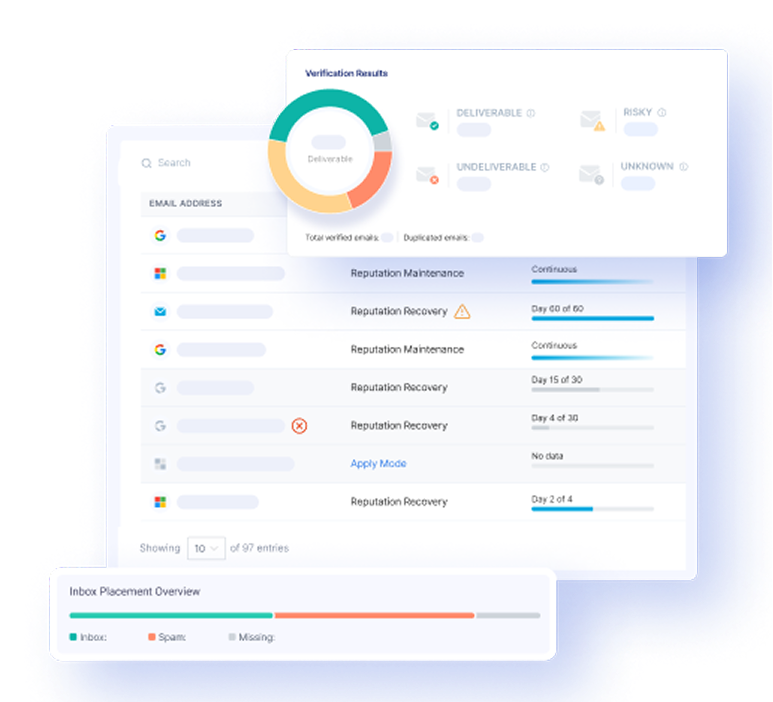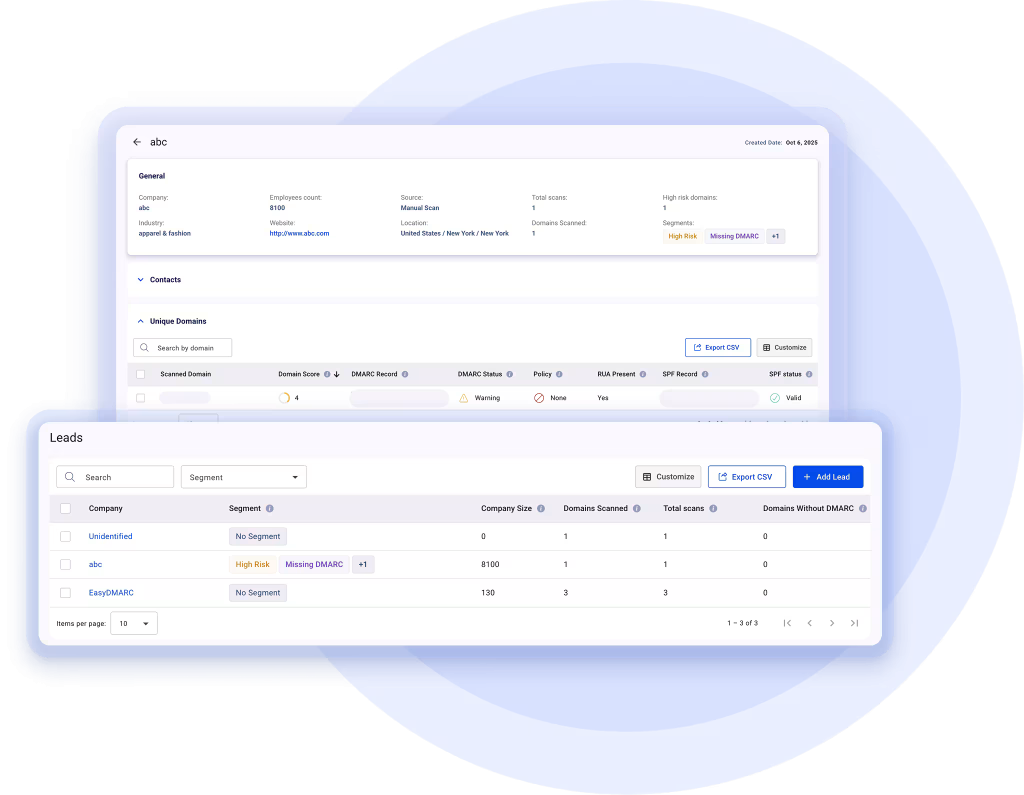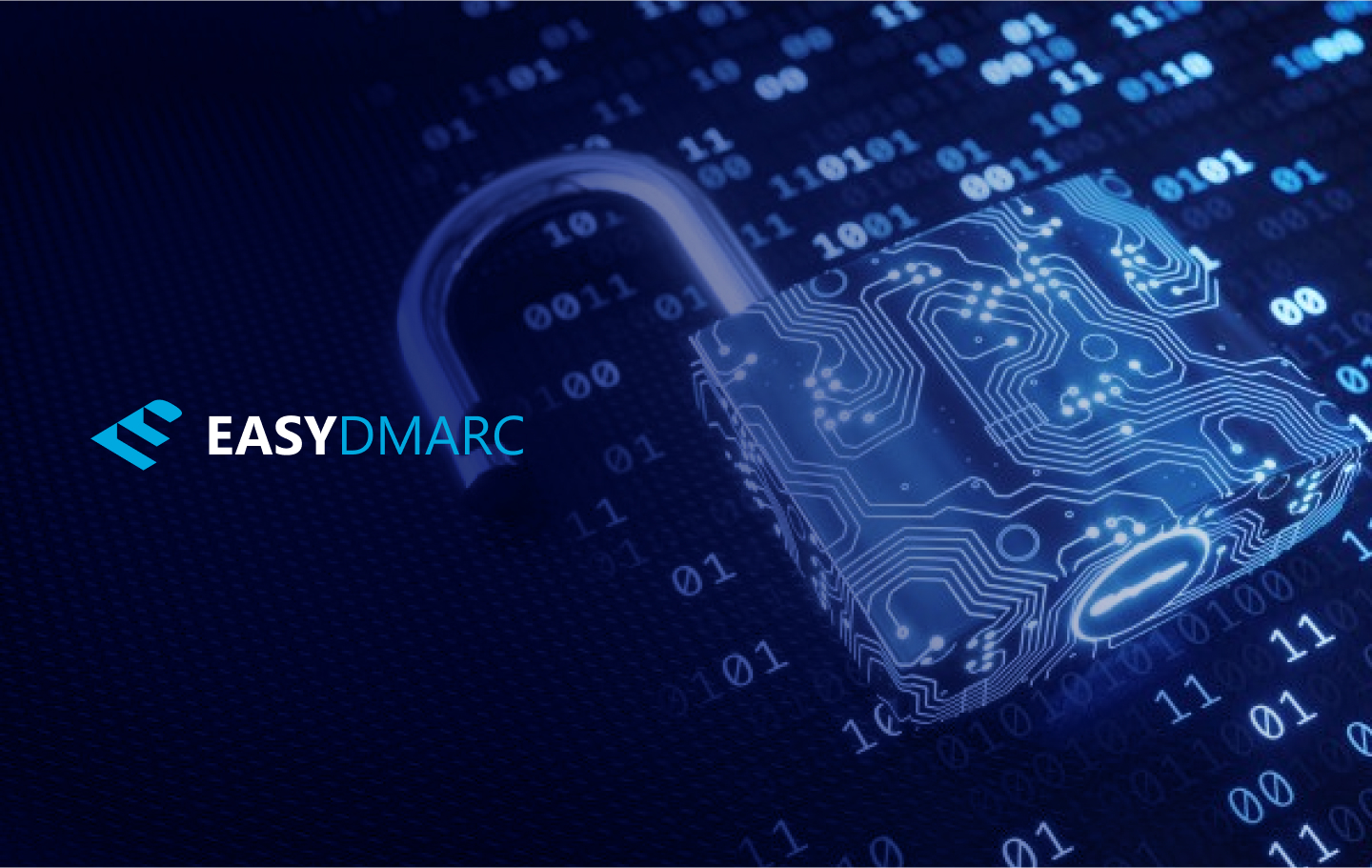2022 has proved to be the year where it’s impossible to negate the consequences of a data breach. Data breaches have the potential to destroy businesses.
A small company can shut down all operations within six months of a breach. Larger companies can withstand the pinch, but not without a hefty cost. Even multinationals can face financial losses, ruined credit, and loss of productivity.
We’re facing a cyberworld where nearly 57% of the people online don’t have any security measures in place. It gets worse when we take a look at corporations. Although many companies understand data breach consequences, not many take action to solve these potential issues. While large companies usually have one data leak prevention plan in place, over 71% of all small businesses online don’t have any.
These figures are problematic; not many people understand the consequences of a data breach. We’re here to fix that and offer some education about the ethical consequences of a data breach and the importance of data loss prevention plans.
The following are some of the worst consequences to expect in the wake of a data breach.
Identity Theft
Identity theft is one of the most severe consequences of a data breach The cyberattack can focus on getting all the personally identifiable information (PII) contained in your databases and use it for other purposes. Cyberactors can use the PII to secure fraudulent loans, file tax returns, create fake accounts on different platforms, and numerous other scams.
Financial Losses
When you wonder what the consequences of a data breach are, you have to think in financial terms. A company hit by a data breach needs to compensate those affected by the leak. An organization must also set up an effective response to the attack and implement new security measures to prevent a similar event.
What is data loss prevention? Well, it’s one way to protect your business from financial losses caused by a data breach. It’s also less costly in the long run.
The consequences of a data breach include litigation and hefty fines by regulators. Audits and revisions of your inner security protocols can happen too, and the costs of these assessments come straight out of your pocket.
Loss of Productivity
One of the most annoying consequences of a data breach is the loss of productivity. When your business is affected by a data leak attack, you have to stop all operations to find and fix the vulnerability that led to the breach. For some businesses, this can take three-quarters of a year. Of course, it depends on the size and capabilities of their IT department.
The loss of productivity can be extended if you have to face regulators based on the incident. They use their own investigators to get answers. This can take days, sometimes even weeks. Large companies can experience a loss of revenue up to $5,600 a minute. As you can guess, this hurts your ability to generate income, and can place you at odds with your investors.
Ruined Credit
The consequences of a data breach include a ruined credit score. This attack is fierce on private persons. An individual can face identity theft and other financial data stolen. This eventually leads to a bottom-tanked credit score and the inability to get other financial services such as loans, credit cards, property rentals, or even a job.
Plenty of irregularities pop up for large companies that eventually tarnish theircredit—the consequences of a data breach show when your accounts suddenly have unauthorized activity. You might also see an open line of credit you didn’t request or even withdrawals and fund transfers that were fraudently executed.
Lack of Privacy
One of the ethical consequences of a data breach is the loss of privacy. Most companies have confidentialdata. But this type of exposure not only puts the privacy of individuals at risk, it also opens your entire organization and all of its records, communications, etc. up to formal investigations and public discolsures.
Think for a moment about the stored data of your customers, vendors, and business partners. You can find yourself in hot water if you’re responsible for the financial information of individuals and third parties.
Losing Customers
One of the worst consequences of data breach is losing your customer base. After a data leak, losing customers is only natural since many of them won’t see your company in the same light. Your business is deemed untrustworthy since you don’t have the tools to keep your data secure. It may seem unfair as you didn’t ask to be a victim of a data breach, but you alone have the power to prevent it.
Damage to Reputation
What are the other consequences of a data breach? Well, it’s the fact that people talk. Even if your data breach event goes unnoticed by major media outlets, word of mouth is posed to pass judgement about your business. The loss of customers is followed by damage to your company’s reputation. If you don’t have what it takes to deal with a data breach, nobody will want your services, ultimately leading to financial losses.
Loss of Intellectual Property
When you face the loss of intellectual property, you’re facing the loss of your company’s trade secrets. When keeping the specs of your products, patents, and other sensitive data under lock and key, and these suddenly go out to the public, you’re essentially exposed.
The consequences of a data breach in this context are that everyone knows what makes your company unique, and your competitors can replicate your products. It’s a “your loss, their gain” scenario.
Online Vandalism
Once your company is affected by a cyberattack, it’s exposed to follow-up attacks if you don’t implement the proper security measures quickly. The perpetrator’s consequences of a data breach include imprisonment, but most hackers don’t care about that—especially when they know what they’re doing. An exposed website is easy prey to online vandalism, which takes time, money, and resources to fix.
Ransom Demands
One of the worst consequences of a data breach is dealing with ransomware attacks. A knowledgeable hacker can infect your system with malware preventing you from accessing your data. The deal is simple: If you pay the ransom, they’ll probably give you access back.
Ransoms are pretty rough, and most regulatory agencies don’t recommend paying up. The best way to fight ransomware is with prevention. Learn about ways to prevent data loss and choose a plan that works for your company.
Final Thoughts
Now you understand the consequences of a data breach. It’s like a sour recipe for ongoing headaches, but you don’t have to be scared. There are plenty of ways to prevent data loss. Several simple tactics can keep your company data safe.
Implementing email security best practices is one of the best ways to protect your business. There are many DLP strategies you can also adapt according to the size of your business.
Solid password hygiene is also vital. Make sure everyone in your company follows a single strategy to secure their accounts. Don’t skip software updates, either. Security patches always fix any holes in your system that cyberattackers can use. Keep close tabs on your financial accounts, and make sure the people with the proper clearance approve all financial movements.
Remember: You have the final say in your security measures and the power to prevent dealing with the consequences of a data breach.





